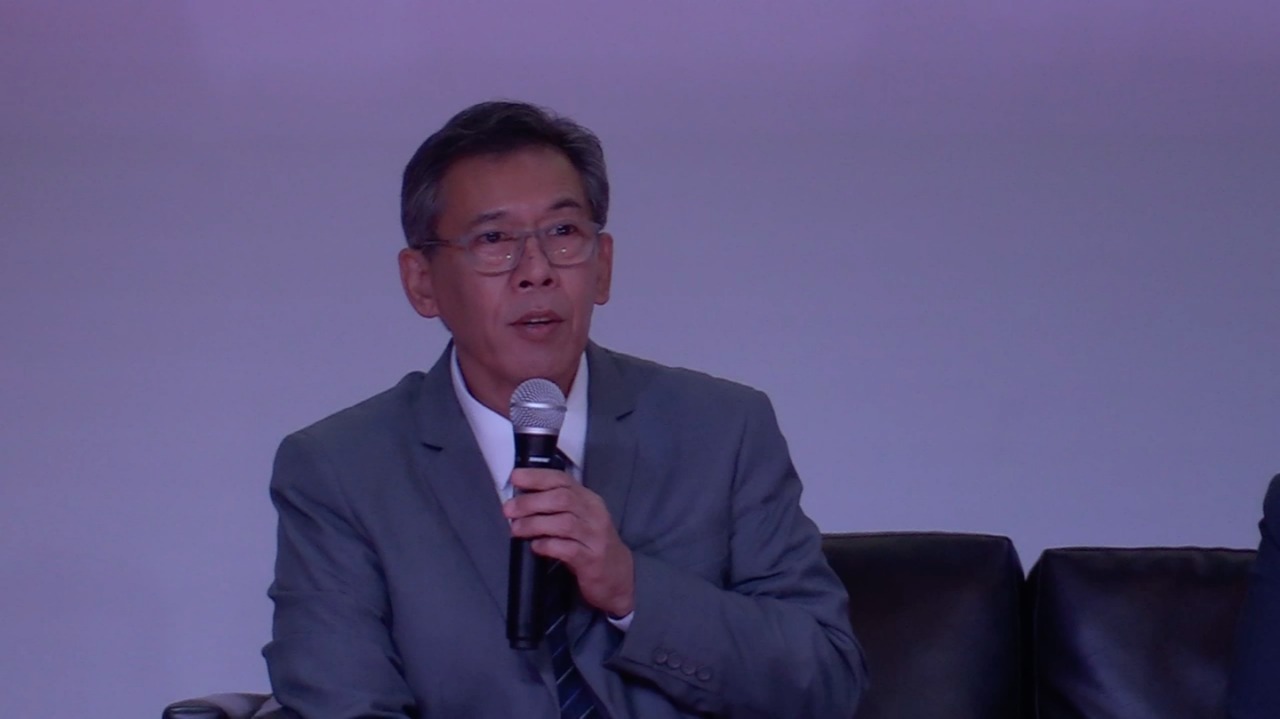
FILE PHOTO: Human rights lawyer Chel Diokno. INQUIRER.net/Ryan Leagogo
Libel or defamation? They’re basically the same, human rights lawyer Chel Diokno said on Thursday.
He explained: “Defamation is a more general term; it can be oral, written or by deeds. Libel is specific; it is defamation with an element of publication. Libel is written or published, while cyberlibel is published online. Slander is oral. Defamation is a more general term that could cover any of those.”
The defamation case brought by Johnny Depp against his ex-wife Amber Heard was a question of evidence and how well the lawyers handled the case, Diokno said.
He said such a case could be applicable and could even prosper in the Philippines.
“I cannot say whether the exact same evidence would have resulted in the verdict here since I do not know all the evidence presented. But the law on libel that we have is substantially the same as the law on libel in the US,” Diokno said.
“It’s the same in the sense that if you are a public official or a public figure and you are a victim of libel, you have to prove that the one who committed it acted with actual malice, aside from the other elements of libel,” he said.
Big difference
Diokno noted the big difference in the highly publicized trial—the presence of a jury.
“We don’t have a jury. Here in the Philippines, all the evidence is evaluated by one person, the judge. In the US, the jury is the one that decides the case; the judge only determines what evidence is admissible, what law applies,” he said.
Another unique aspect was the filing of suits by and awarding of damages to both Depp and Heard, Diokno said.
“Both sides filed suits … and both were awarded damages except that Johnny’s was bigger,” he said.
However, he said, he could not see why Depp was made liable for his lawyer’s statement.
Heard scored her only victory over a statement made by Depp’s lawyer Adam Waldman to The Daily Mail accusing her and her friends of fabricating abuse claims.
The jury agreed with Heard that Waldman’s statement was false and defamatory and that he had acted with malice.
Said Diokno: “It was unclear to me, although I have not read the pleadings, why Johnny Depp was made liable if it was based on libelous statements made by his lawyer, not him directly.”
Media as watchdog
Libel can be a criminal or civil offense in the Philippines, but decriminalizing it is the trend in other countries, Diokno said.
“We have not yet followed that trend, although the Supreme Court discourages imprisonment as a penalty for libel. That’s what free speech advocates have been pushing: The penalty for libel should only be a fine or damages, no jail term,” he said.
In 2021, the Supreme Court cleared broadcaster and now Senator-elect Raffy Tulfo, who was sued and convicted of libel by a Pasay City court for what he wrote 22 years ago as a tabloid columnist.
The ruling was seen to have boosted calls to decriminalize libel in the country.
The high court said the constitutionality of Philippine laws defining libel as a criminal offense was “doubtful,” and underscored the role of critical media as watchdog against government abuses.
“In libel, the kinds of speech actually deterred are more valuable than the state interest the law against libel protects,” the tribunal’s Third Division said in reversing the lower court’s 2005 decision convicting Tulfo of 14 counts of libel.
“We regard the vital role that the media plays in ensuring that the government and its officials remain true to their oath in carrying out their mandates in a manner prescribed by law,” the tribunal said.
At present, libel may still be filed as a criminal case.
“It’s still in our law,” Diokno said. “The judge can still impose imprisonment especially if the judge sees that the one who committed it deserves such a punishment.”